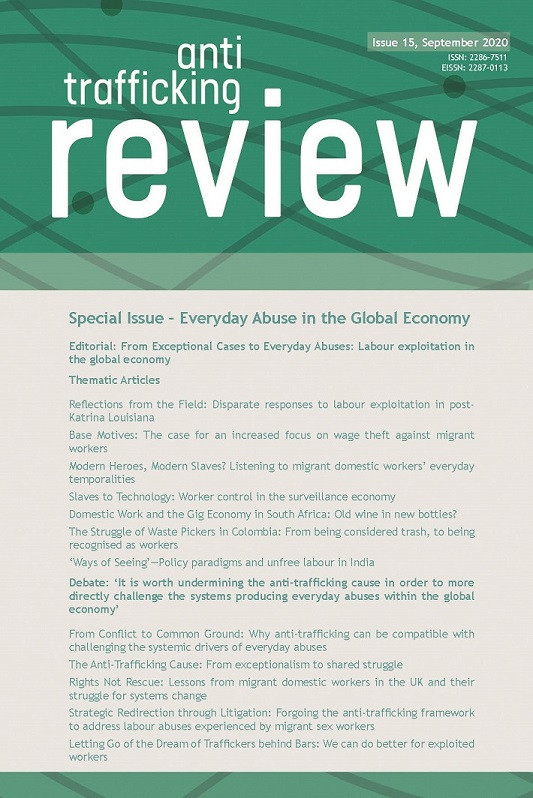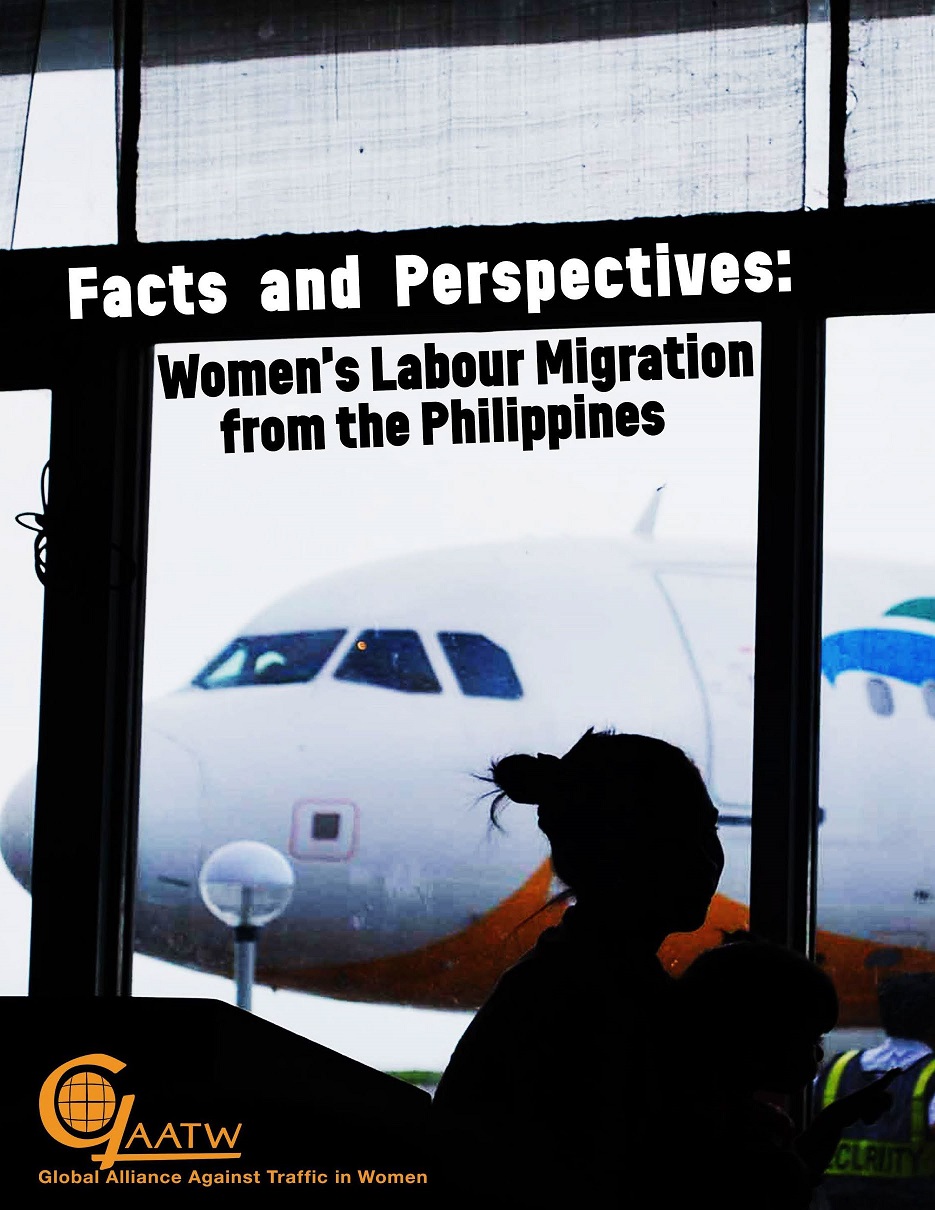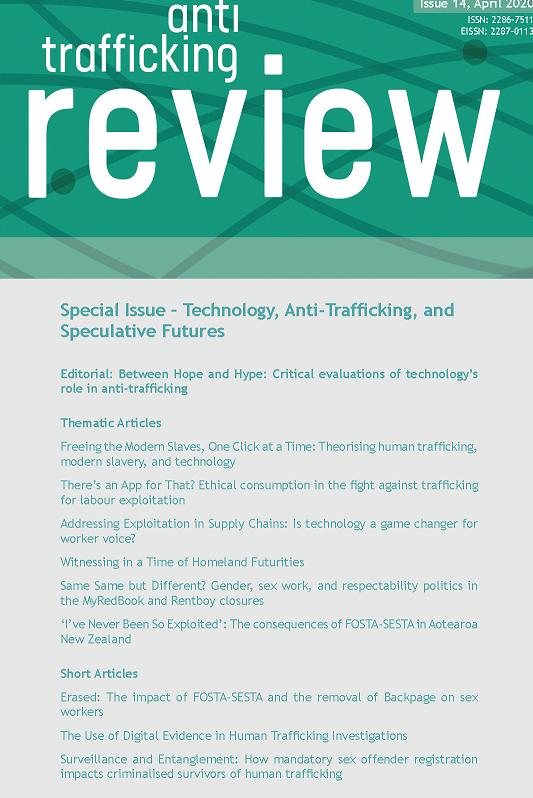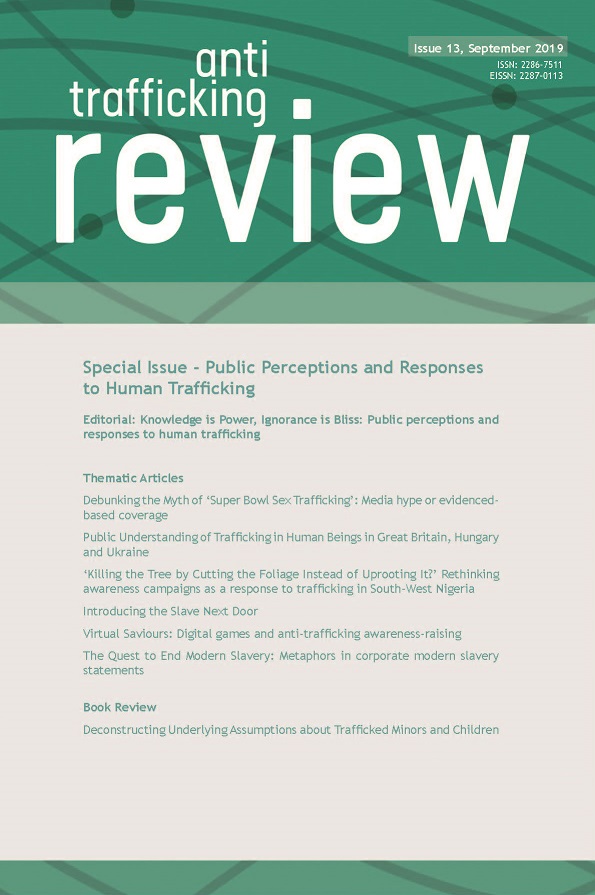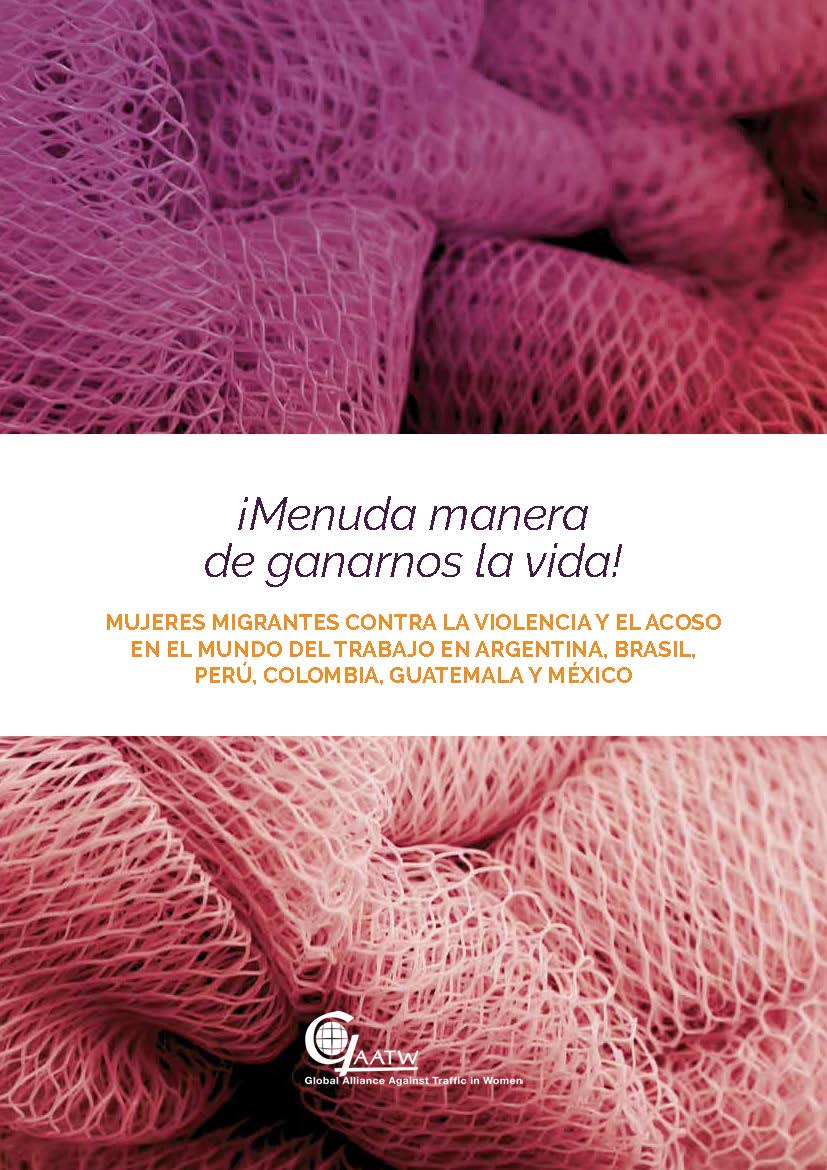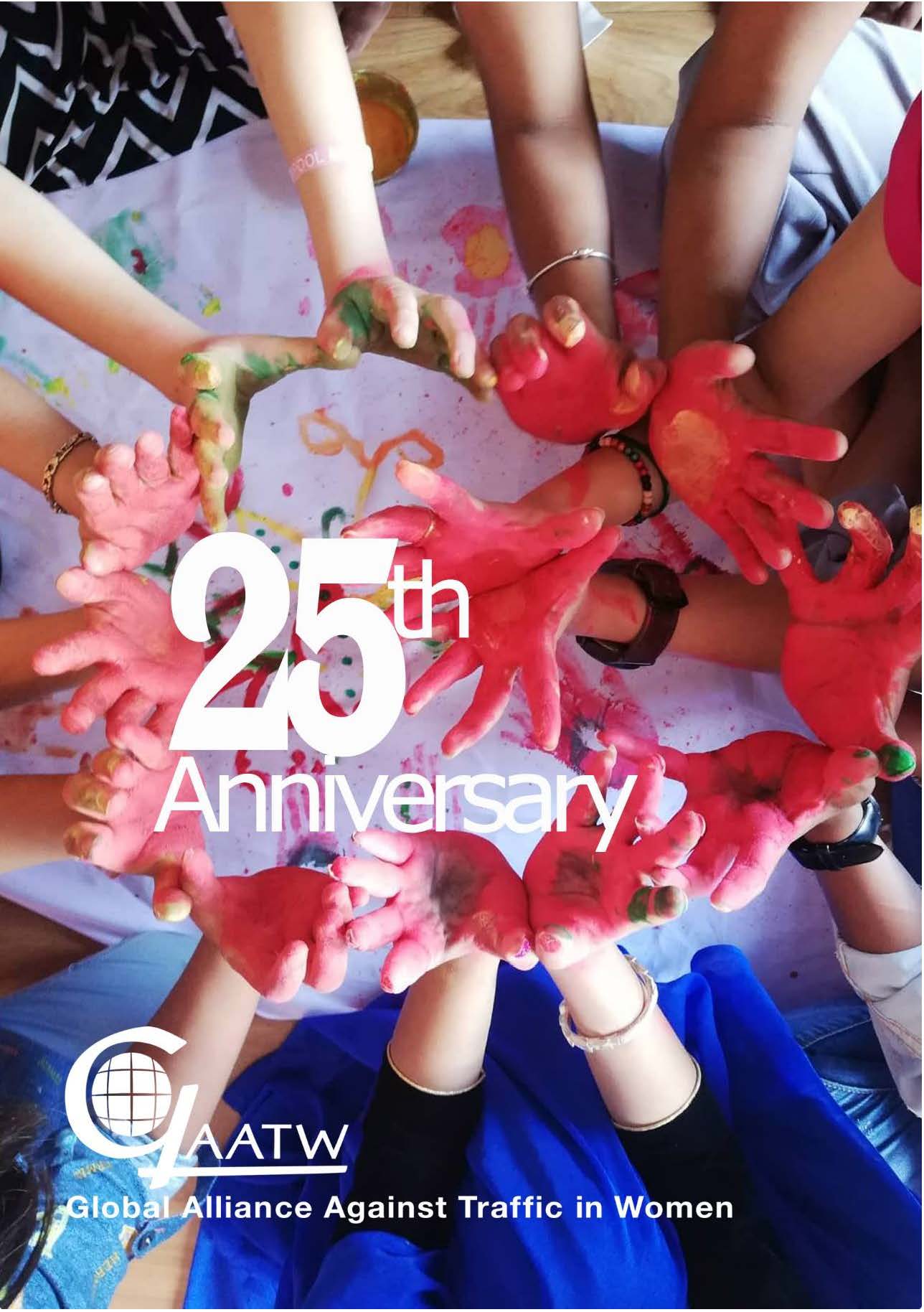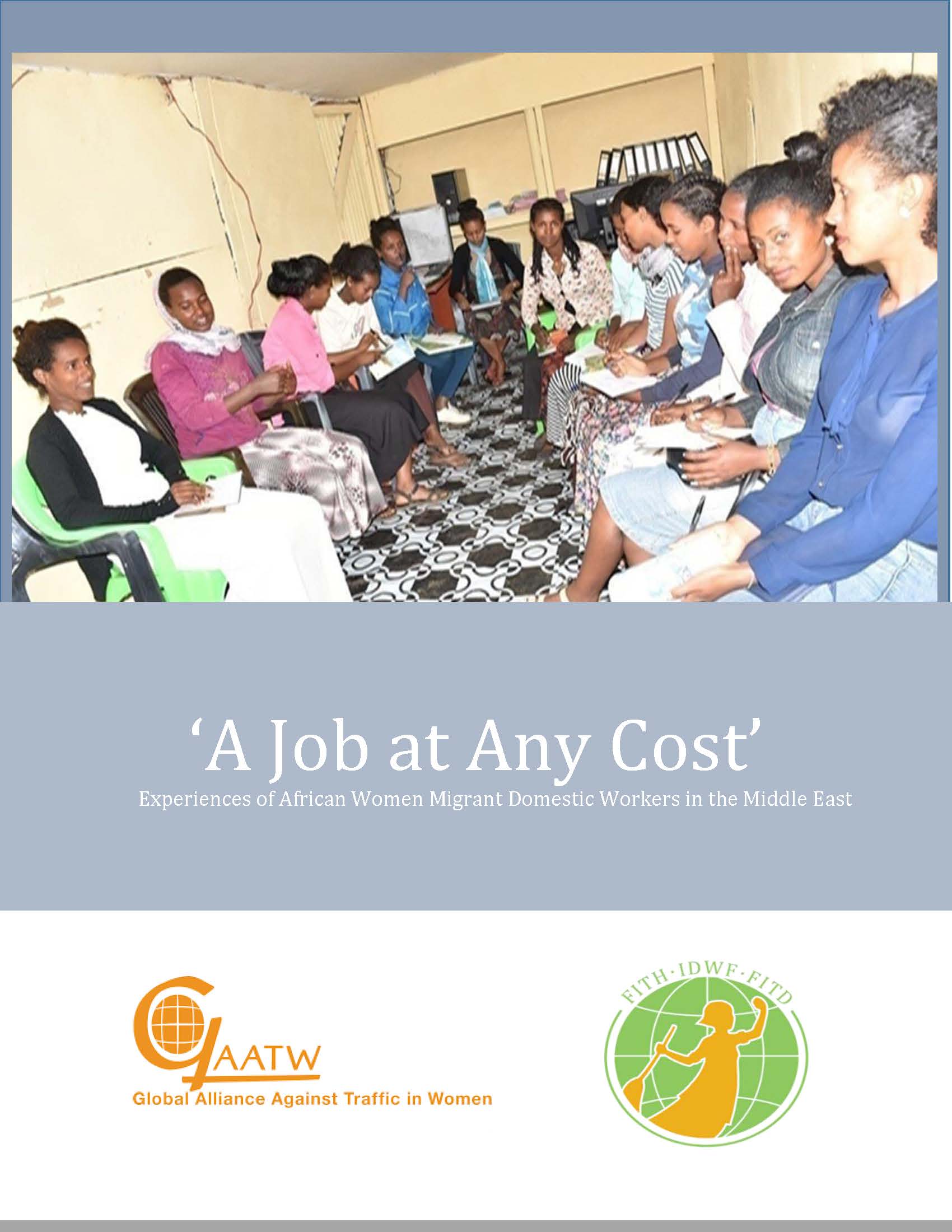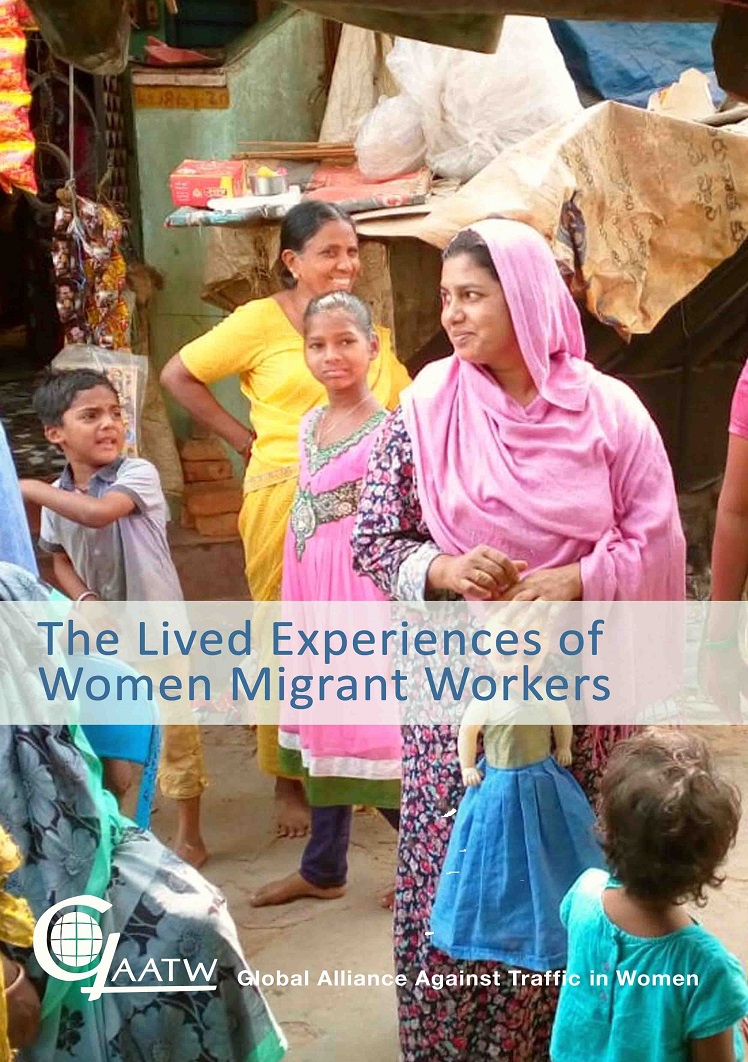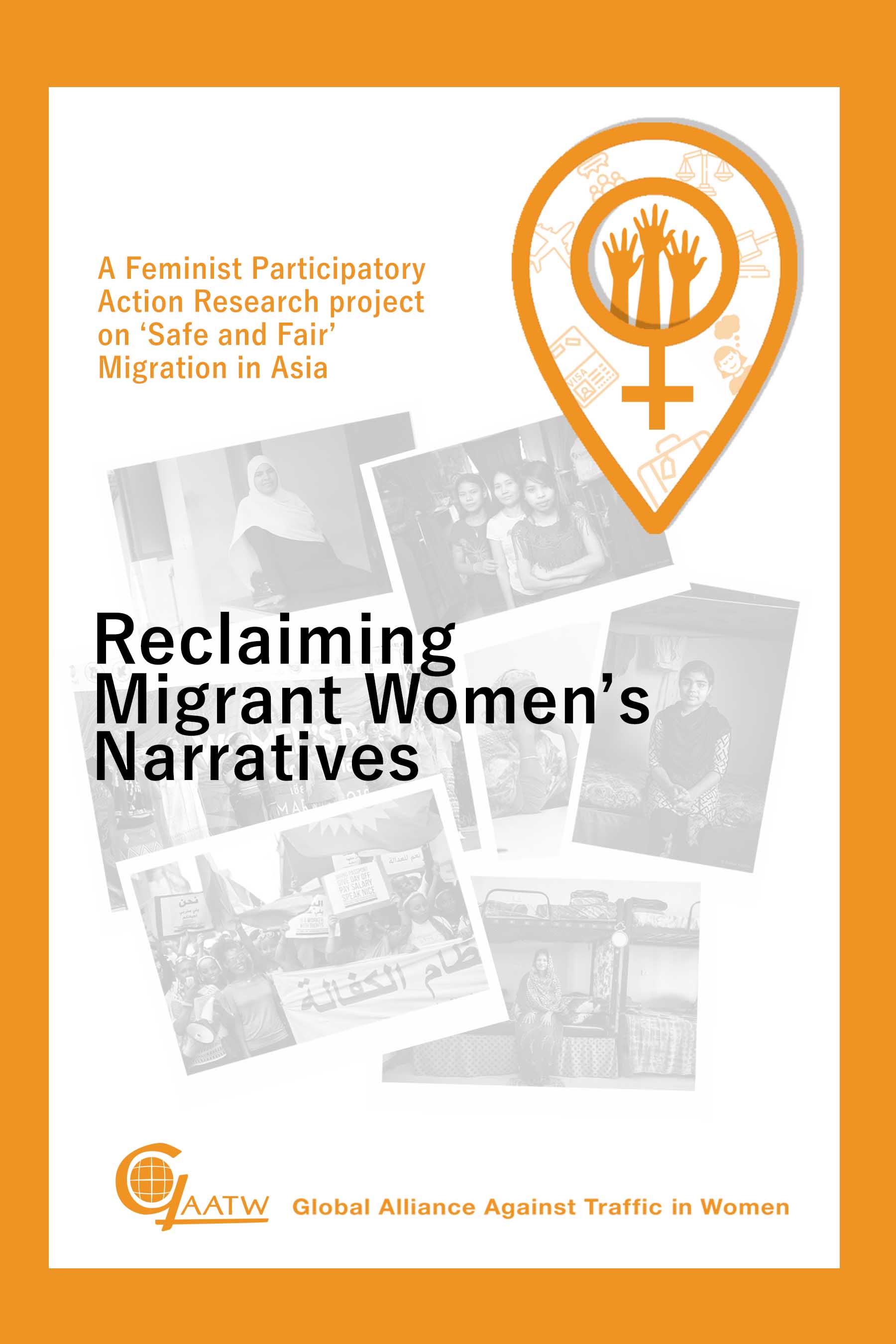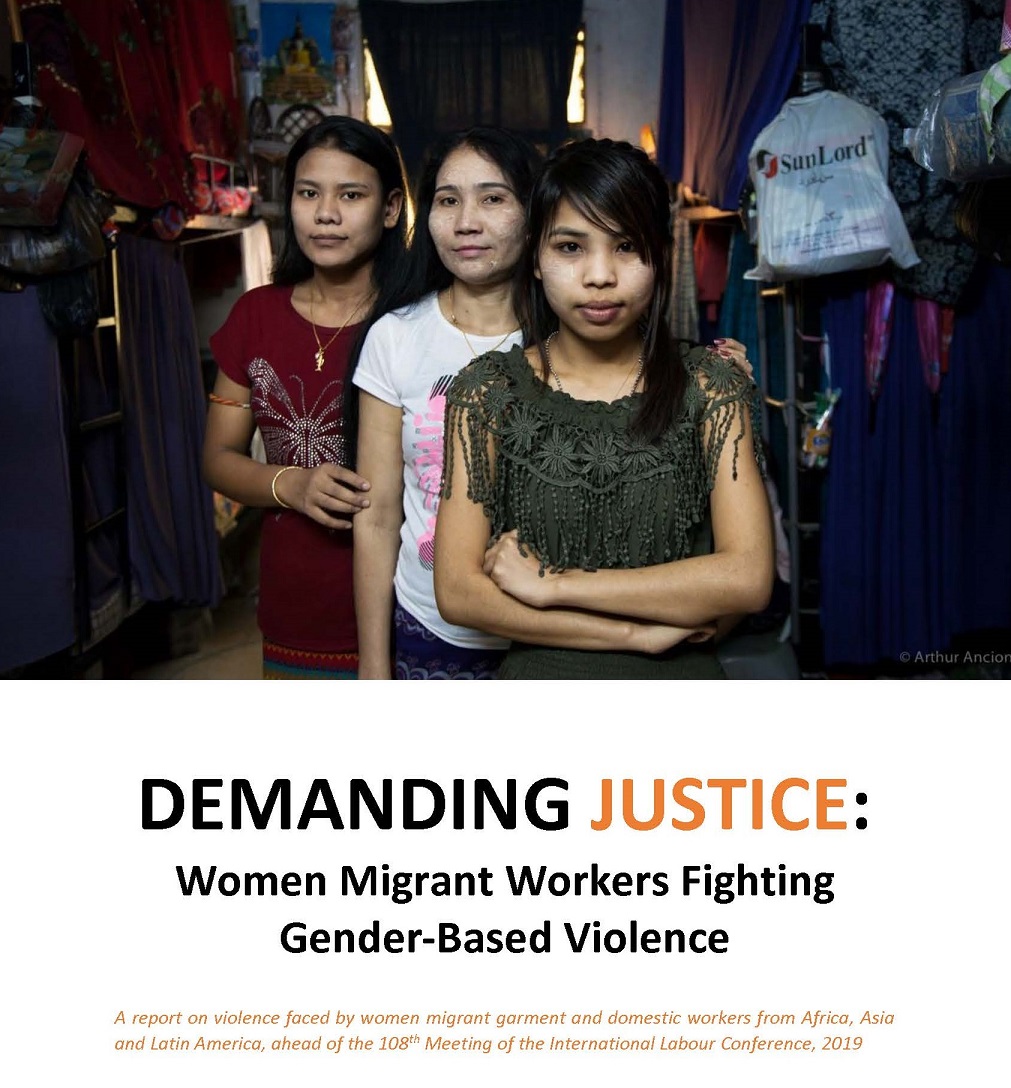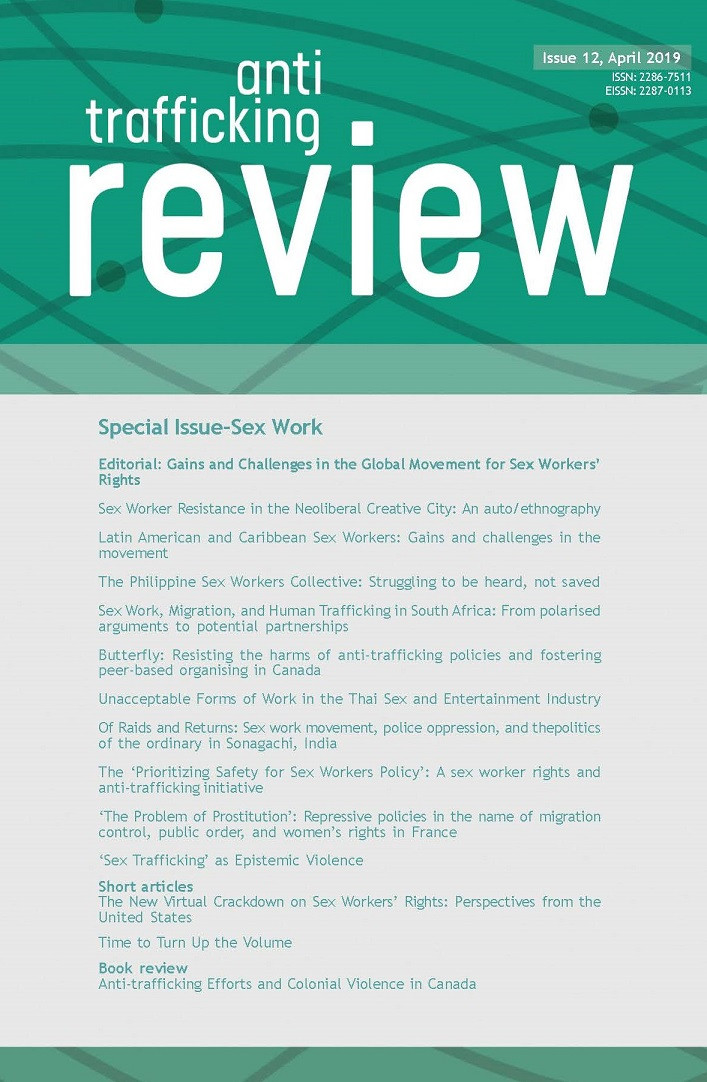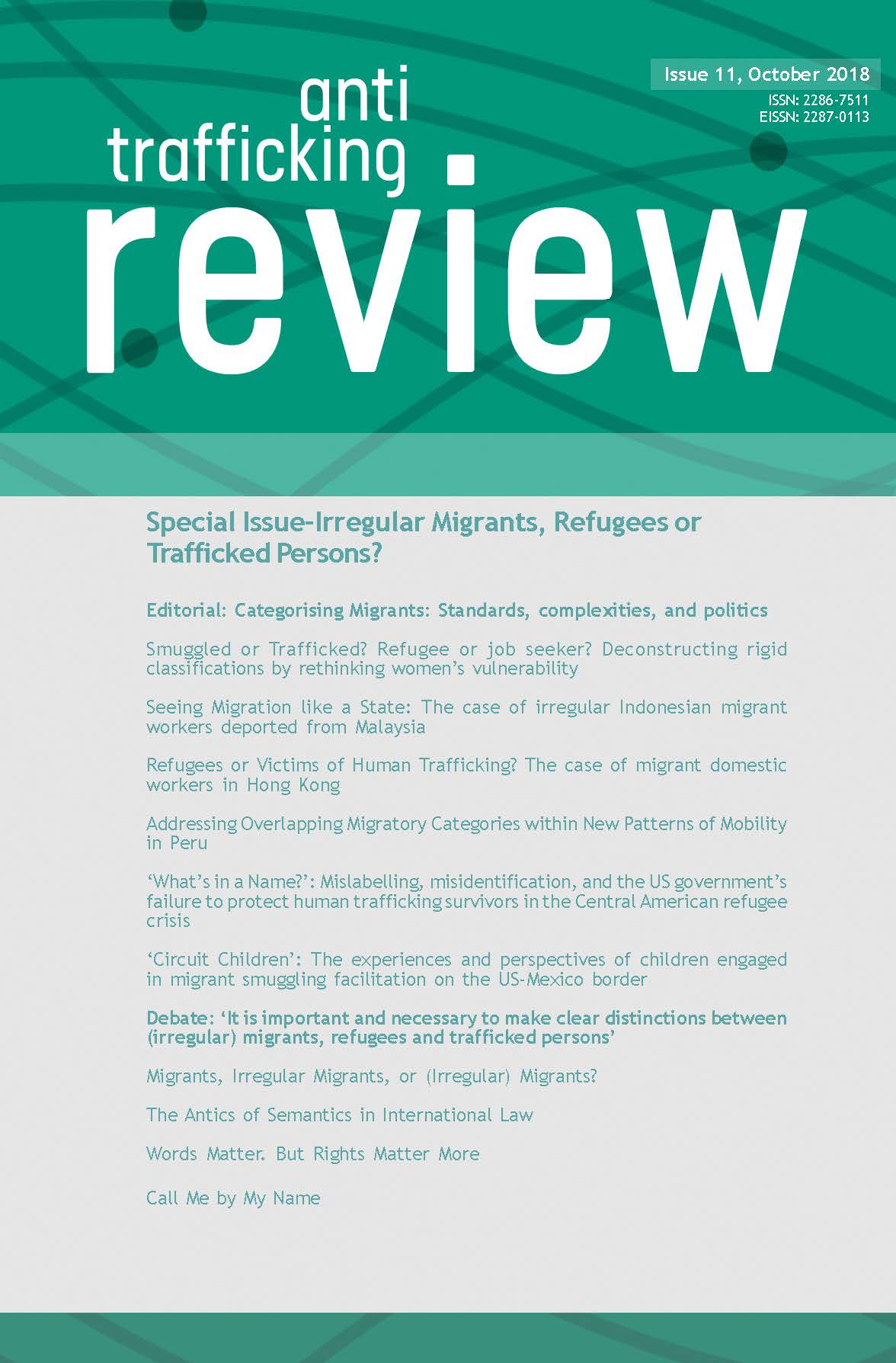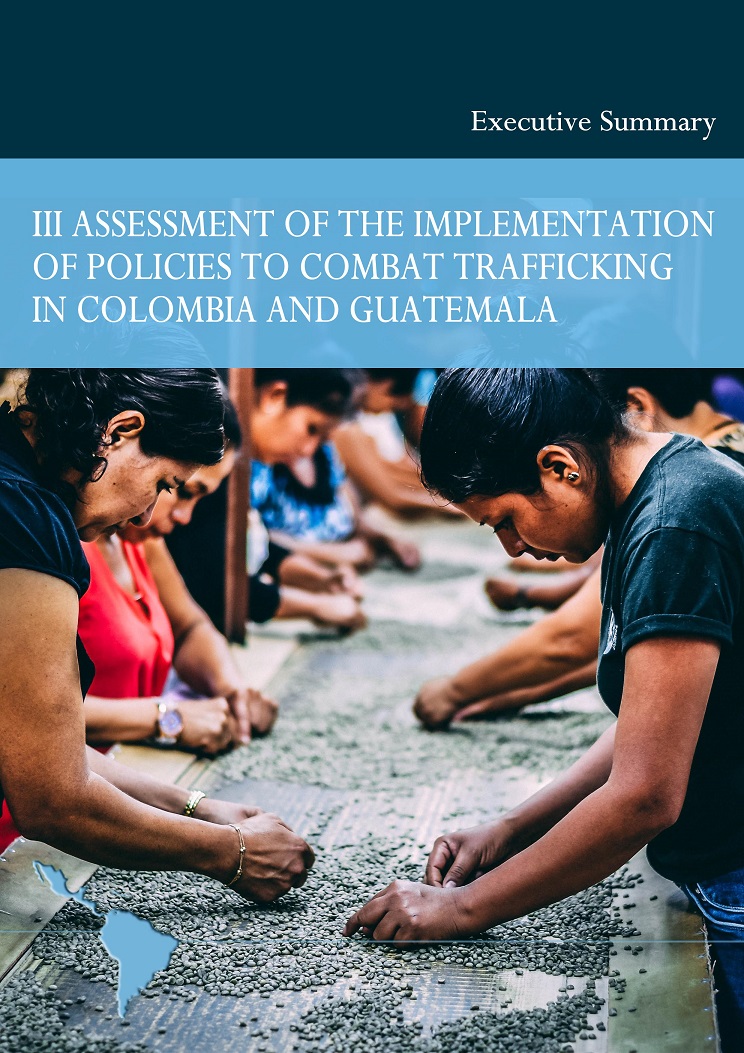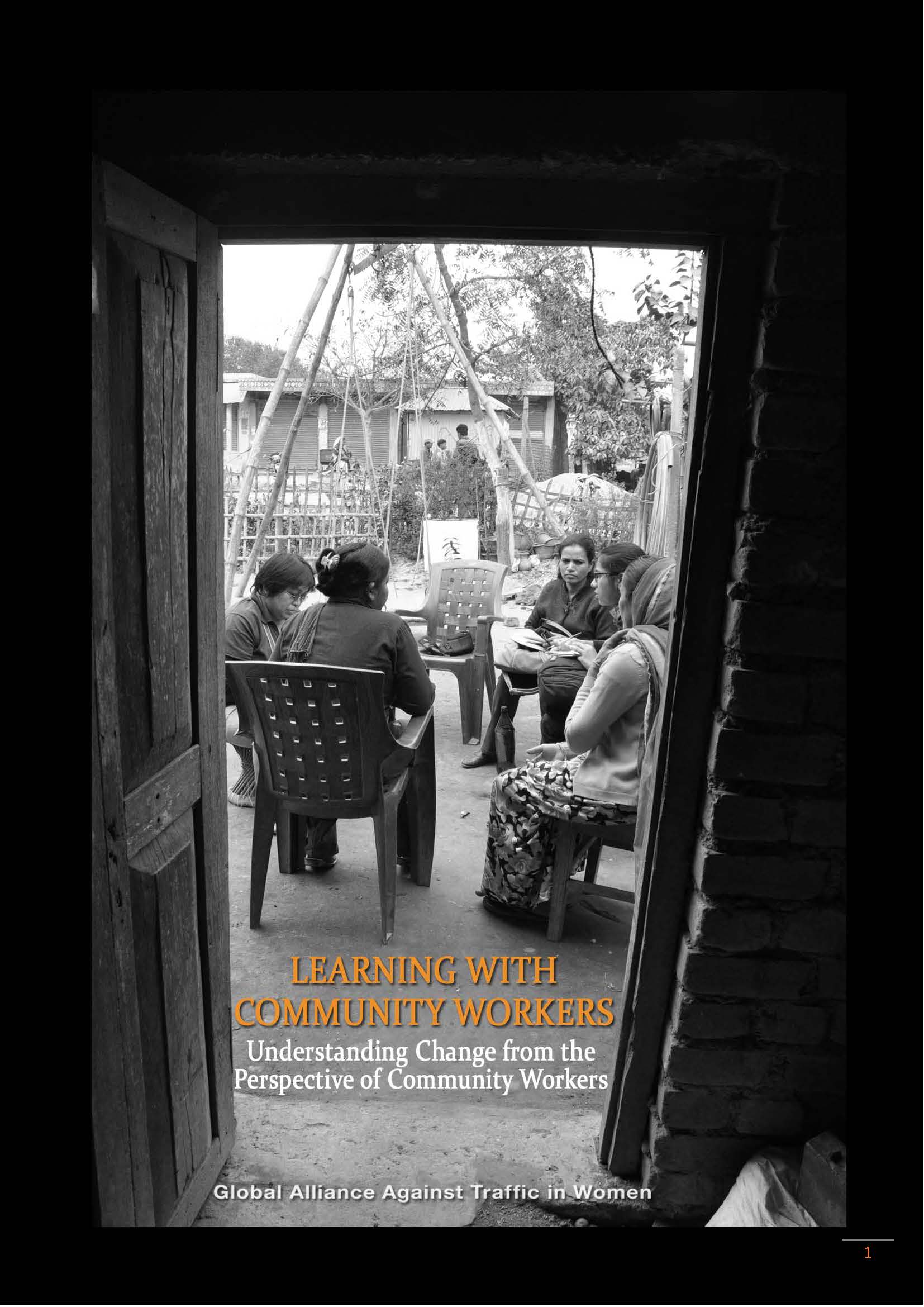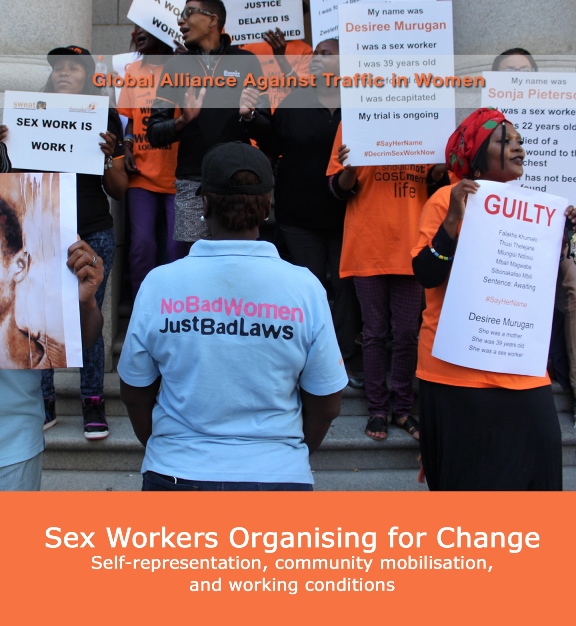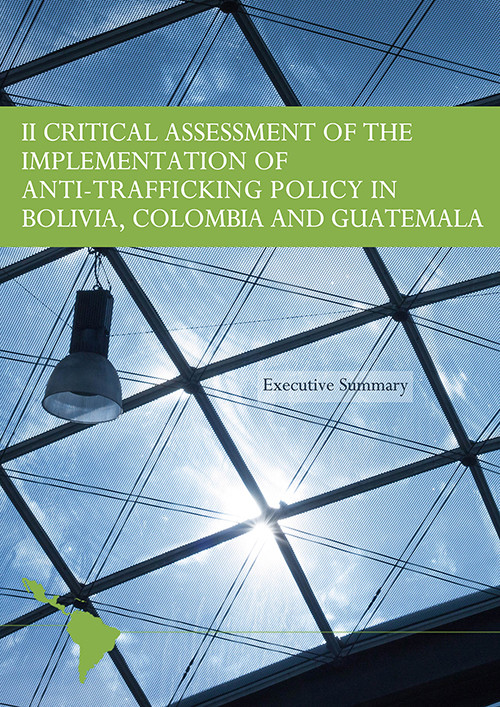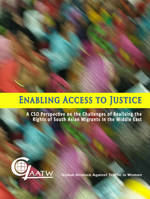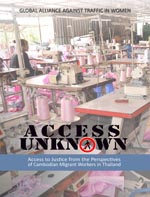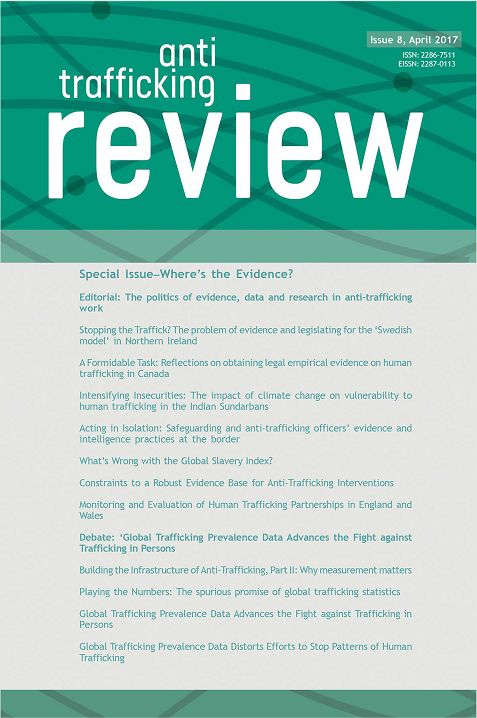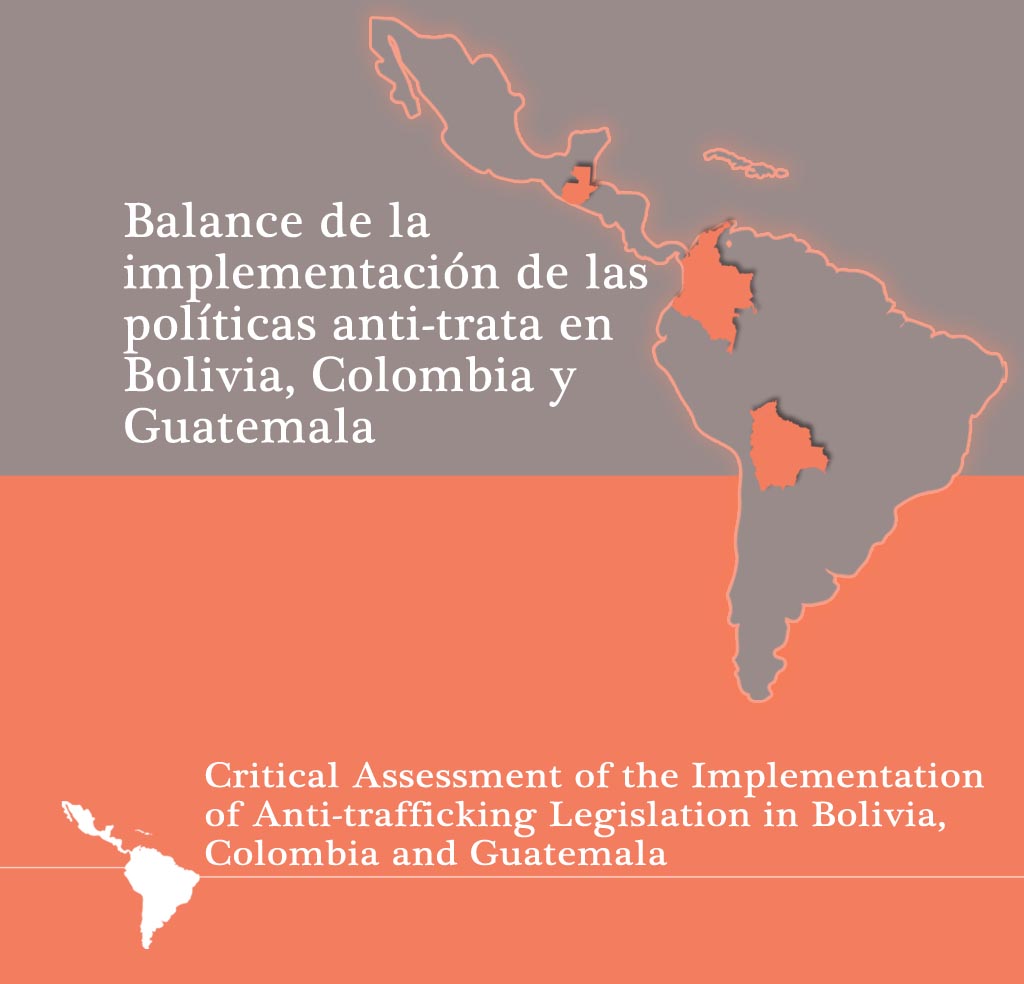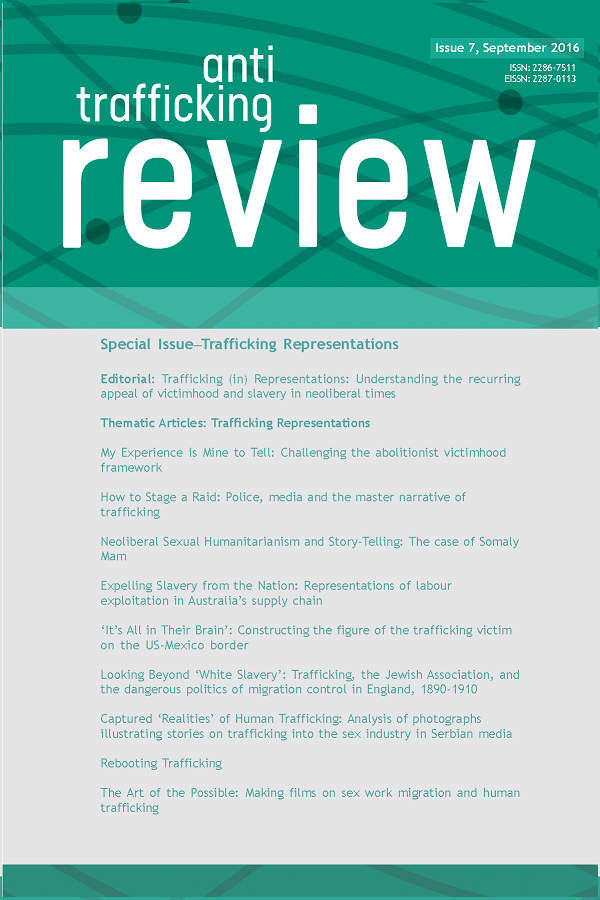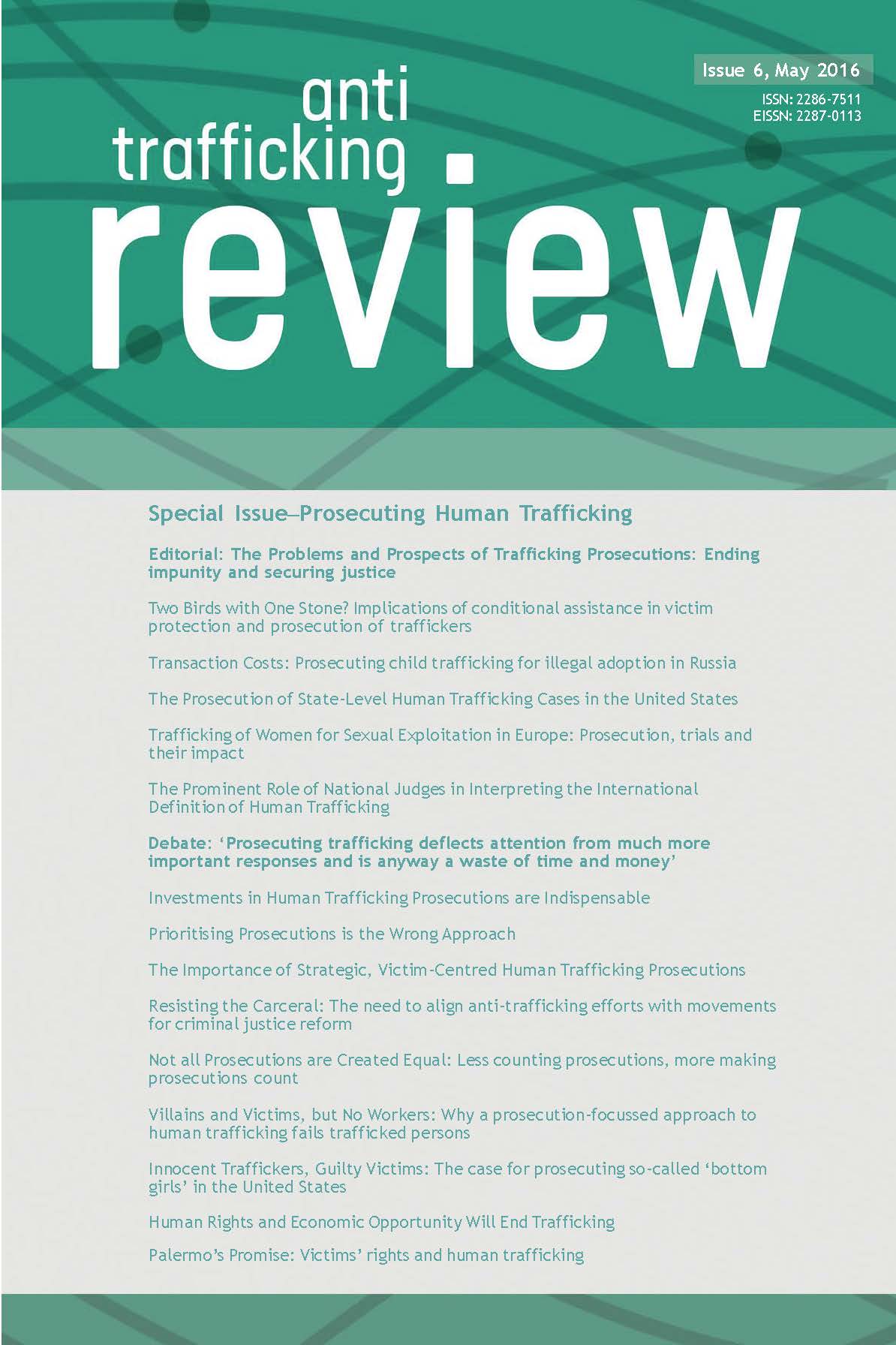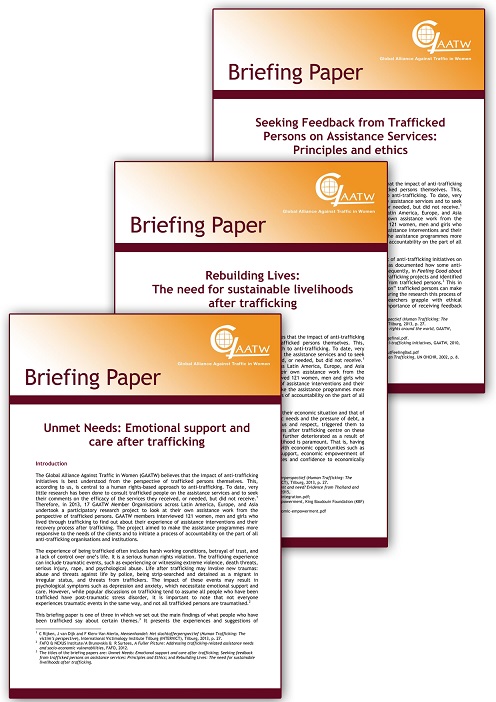Human Rights Council – 12th session
Panel discussion on the human rights of migrants in detention centres
17 September 2009
Mr. President,
The Global Alliance against Traffic in Women welcomes this discussion on the human rights of migrants in detention centres and particularly the recent prioritisation of migration by the High Commissioner for Human Rights, which we feel is long overdue. Whilst GAATW believes no migrant worker should be arbitrarily detained; in this statement we would like to focus specifically on the detention of trafficked persons.
Despite more than a decade of those working on human trafficking, including the OHCHR, calling for no trafficked person to be detained under any circumstances, such detentions still take place in every region of the world. Trafficked persons are often detained for not having the correct immigration documents, presumed guilty unless their innocence is proven. Consequently, not only are trafficked persons being re-victimised but, worse, in the name of anti-trafficking responses security measures have been implemented in many countries resulting in the horrific practice of mass arbitrary detentions of those people the state considers to be trafficked or vulnerable to trafficking. Many States justify such detentions as a means of:
- Preventing trafficking: i.e. preventing people from leaving a country by detaining them at borders because they are considered vulnerable to trafficking;
- Prosecuting trafficking: a reason given for many trafficked persons being detained in so called ‘shelters’ often against their will – in order that they can provide testimonies in criminal justice procedures; or
- Protecting trafficked persons: many closed so called ‘shelters’ where, trafficked persons are detained for months or even years are operated as part of a States anti-trafficking framework and justified as offering protection from harm and so called ‘rehabilitation’.
In many countries so called ‘shelters’ operated by the state are used to arbitrarily detain, largely female, trafficked persons or workers considered to be ‘accessories to trafficking’ and are often closed to all external scrutiny. Adult women report being told they may only leave if they provide the contact details of family members in order that they might be returned to them. In the interim detainees are made to follow limited and highly genderised skills courses such as dress-making, hair-cutting, weaving and foot massage rather than truly empowering life skills such as literacy or numeracy. Trafficked persons are rarely offered the psychosocial care they require following a trafficking experience with shelter staff often adopting the dual role of security guards and counselors.
In almost every country of destination trafficked people who are reluctant to identify themselves as such immediately end up in detention once found to be without appropriate immigration documents. Some of these people are identified by national NGO service providers and given services if the authorities share this opinion, the majority are detained and then returned to their countries of origin, without access to services.
Mr President
We condemn all detentions of trafficked persons, whether State or civil society instigated all measures, which suppress freedom and liberty of persons and therefore contravene the International Bill of Human Rights, even if executed under the pretext of protection, must cease. In this regard we call on States to:
- Conform to principles of proportionality, necessity and legitimacy in their treatment of migrants and trafficked persons in anti-trafficking responses. Whilst we are not condoning the instrumentality of trafficked persons in prosecution procedures we advise that trafficked persons once detained are unlikely to subsequently cooperate with law enforcement officials;
- Take note of Guideline 2.6 in the OHCHR Recommended Principles and Guidelines on Human Rights and Human Trafficking, which calls for states to ensure “that trafficked persons are not in any circumstances held in immigration detention or other forms of custody”.
We thank you Mr. President.



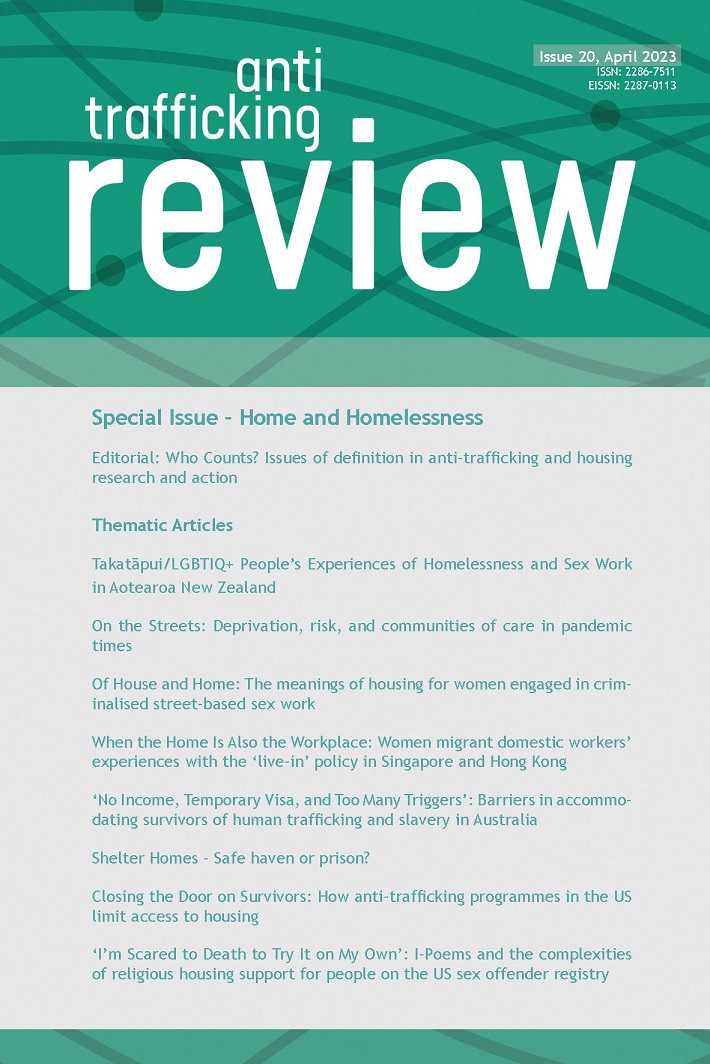
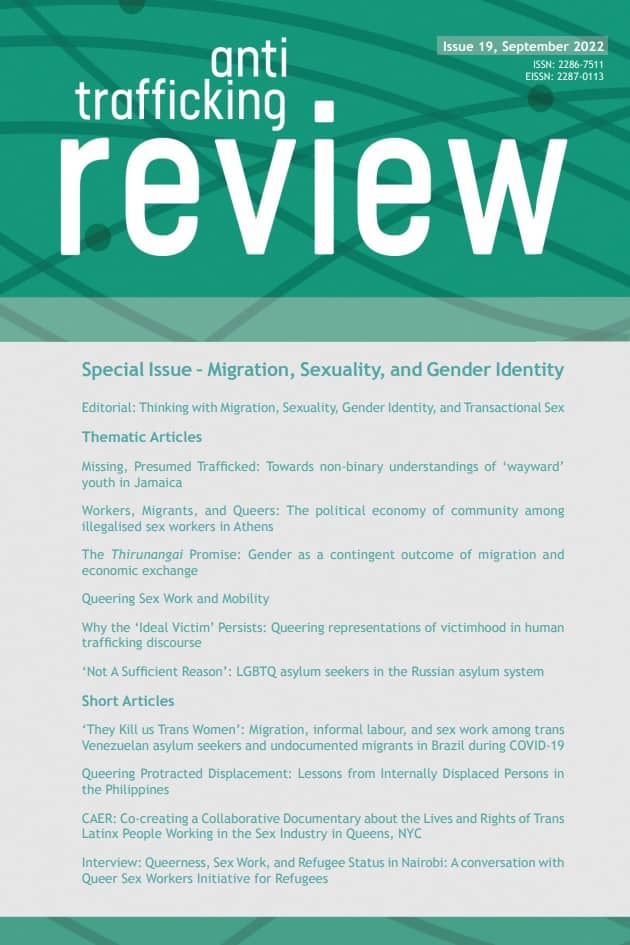
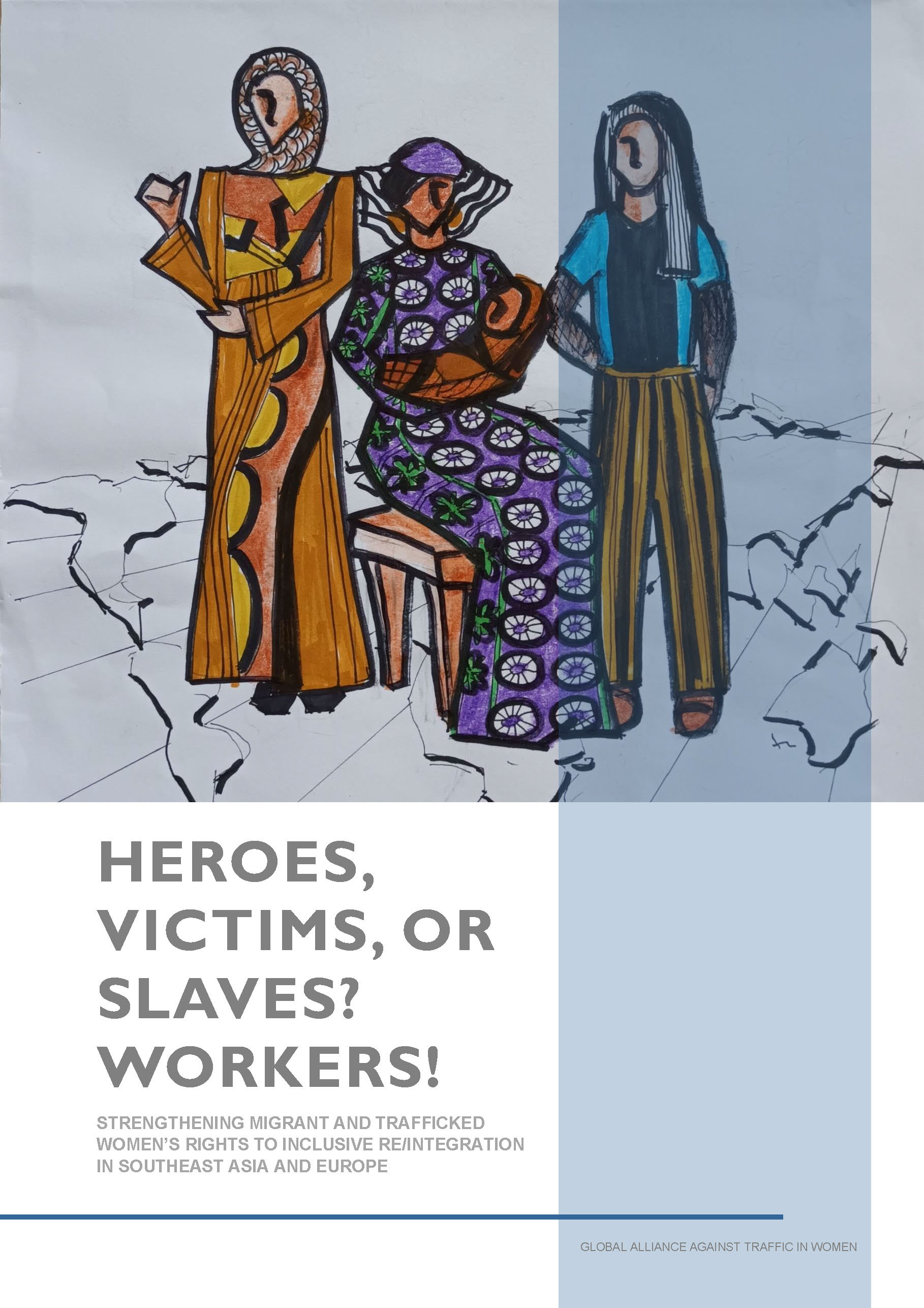
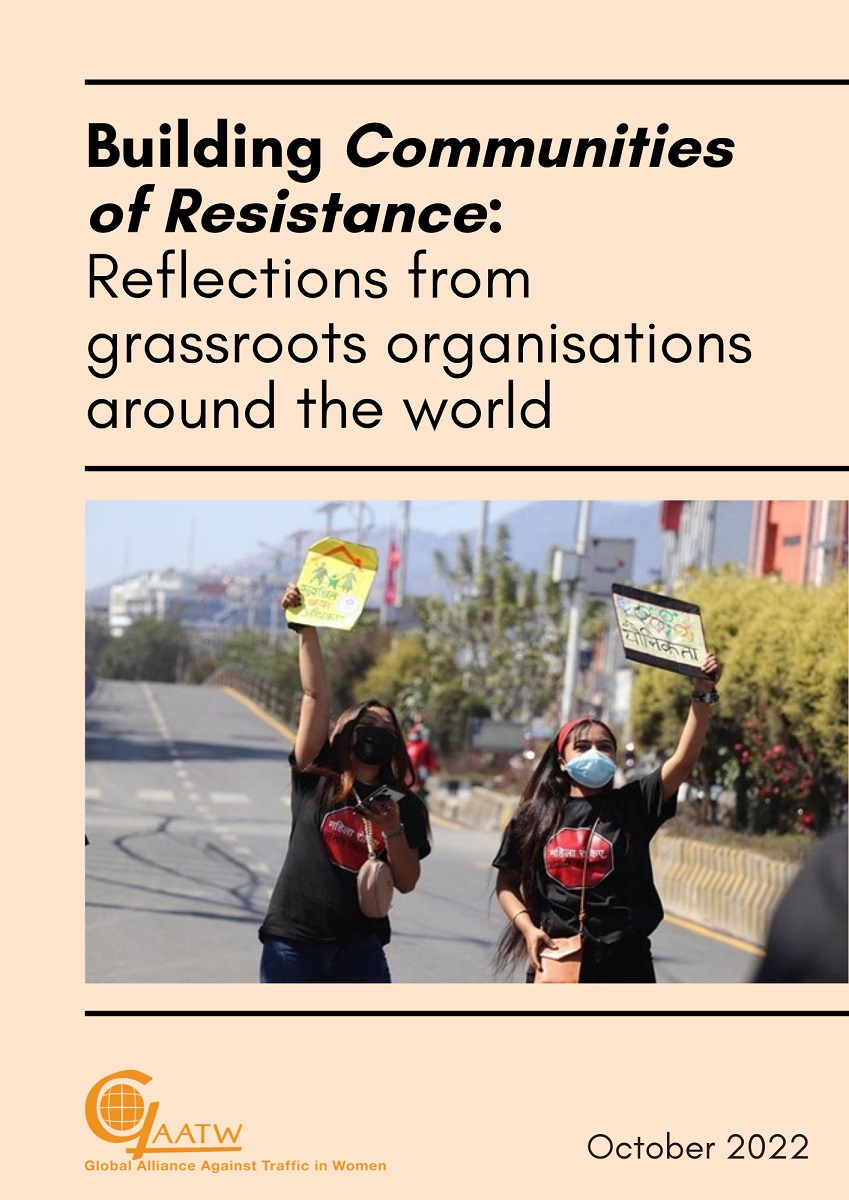
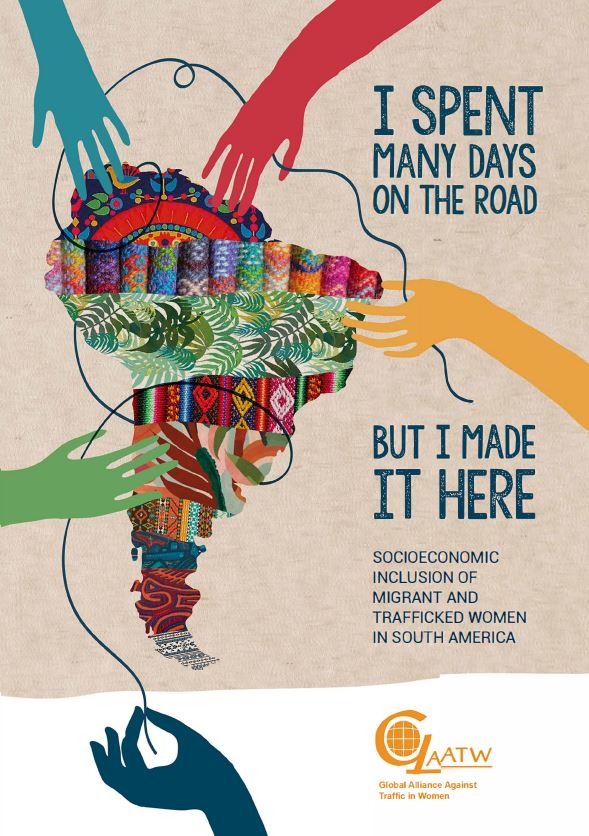
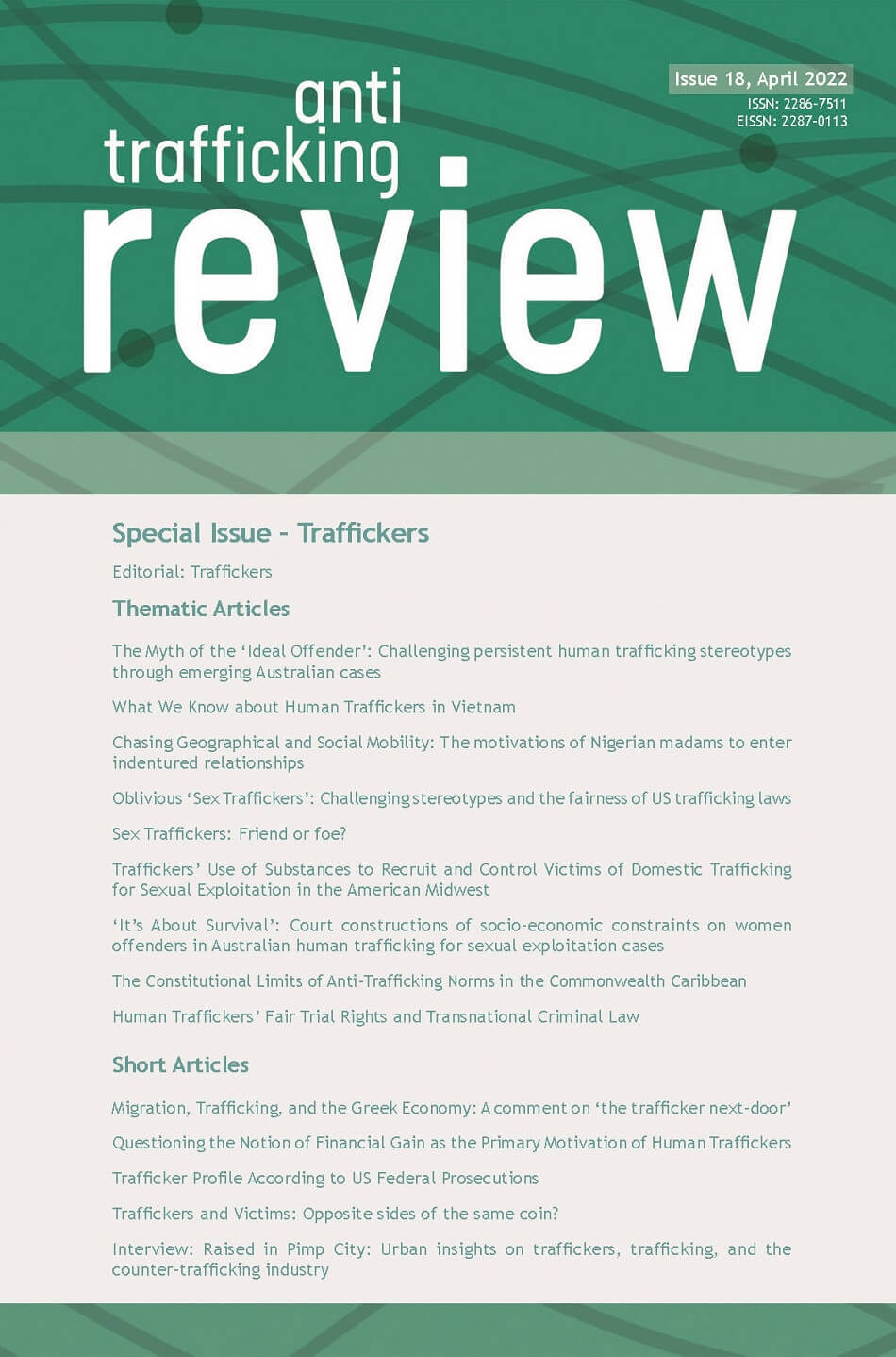
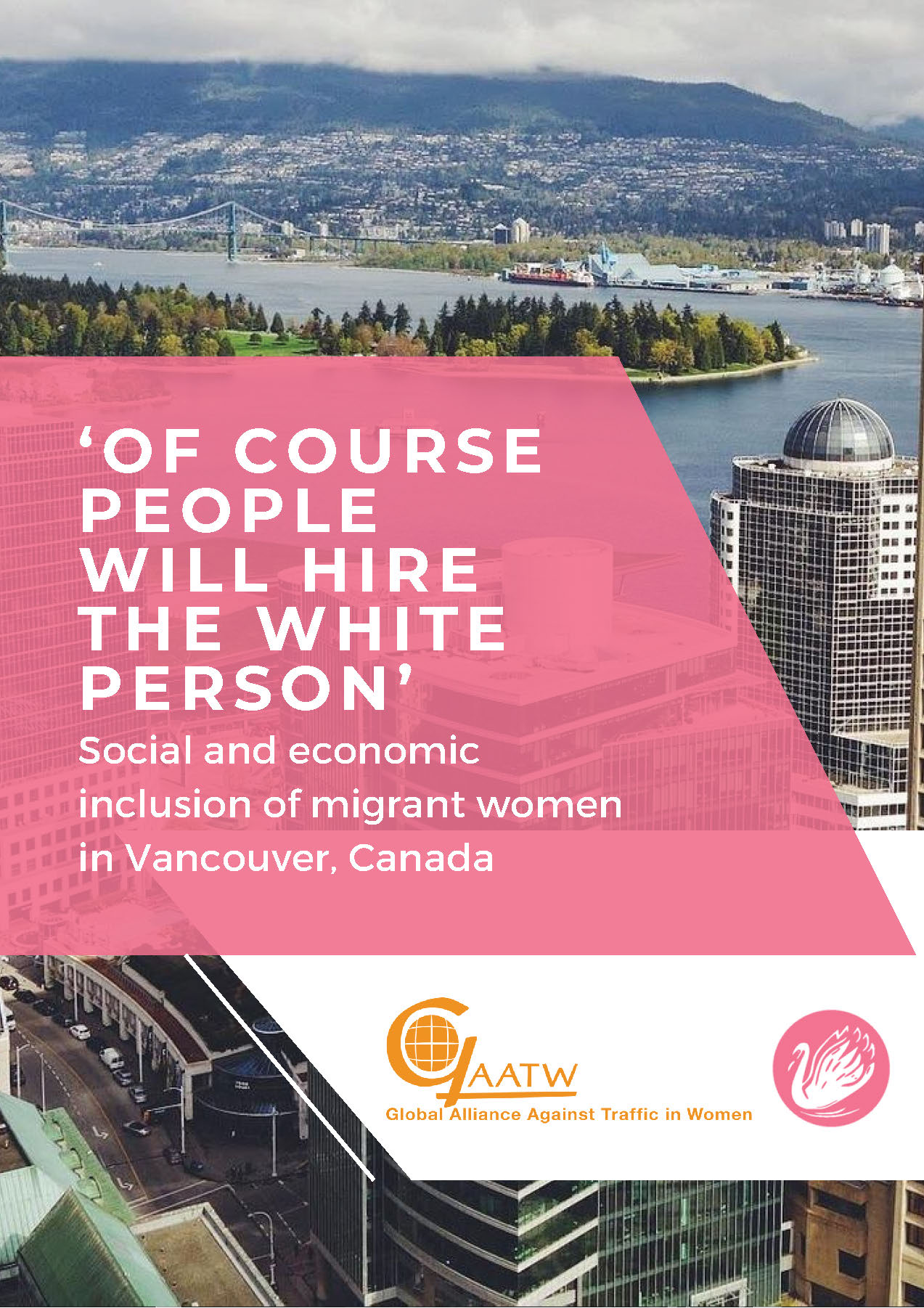
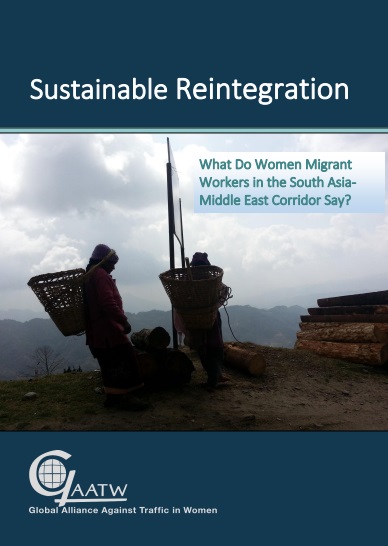
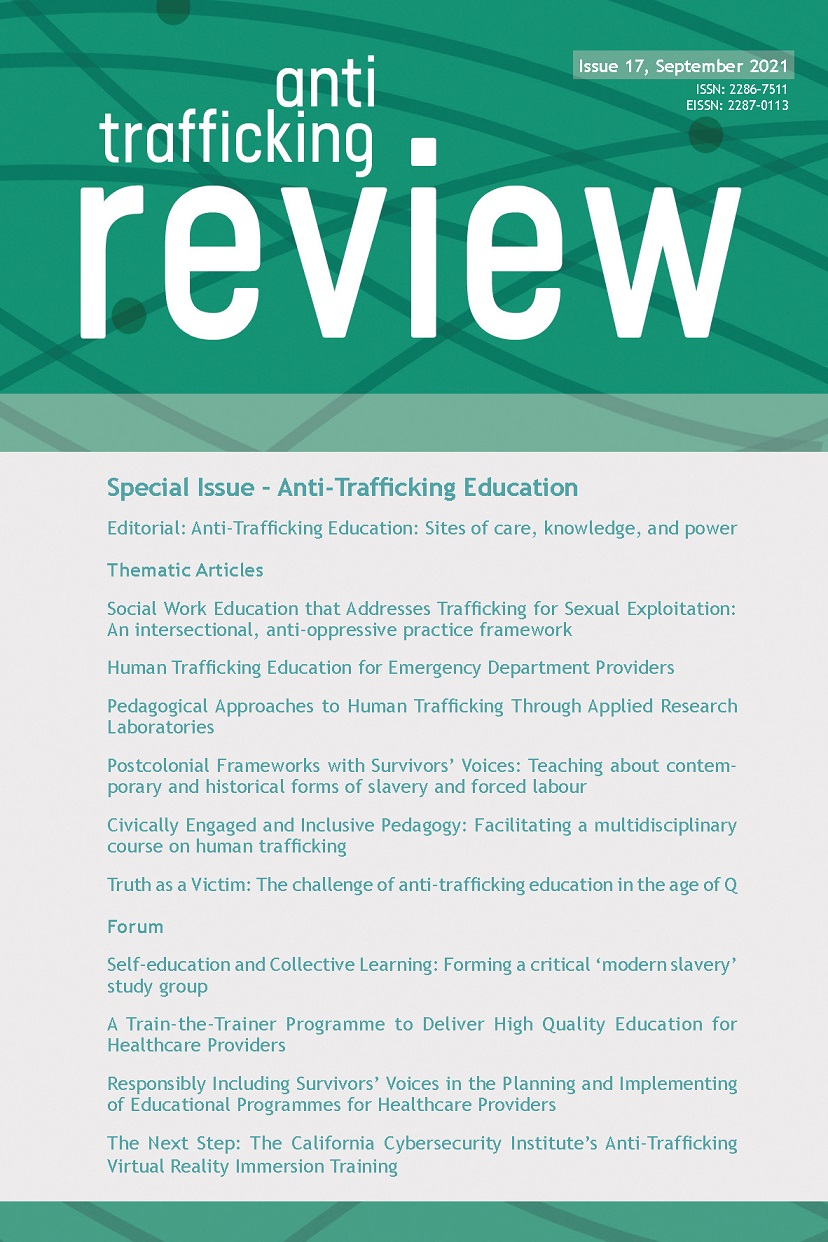
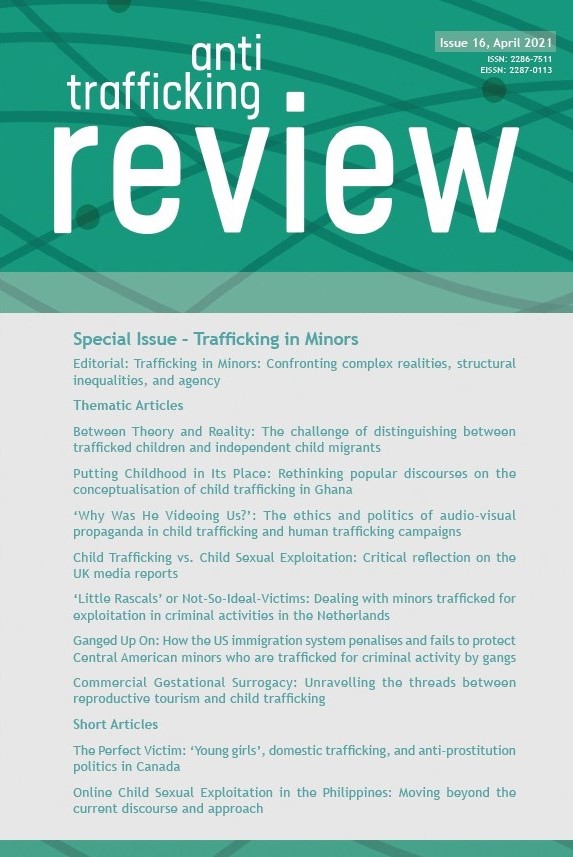
.pdf - Adobe Acrobat Pro 2_8_2021 4_36_32 PM.png)
